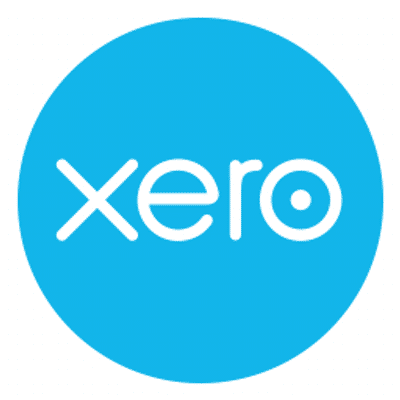Vic.ai is a Accounting Software. Vic.ai offers General Ledger, CPA Firms, Billing and Invoicing and many more functionalities.
Some top alternatives to Vic.ai includes Xero, Freshbooks, Zoho Books, Bill.com and VIABI.
Yes, Vic.ai provides API.
No, Vic.ai doesn't provide mobile app.
Vic.ai is located in New York, NY
Vic.ai offers Subscription, Quotation Based pricing models
The starting price is not disclosed by Vic.ai. You can visit Vic.ai pricing page to get the latest pricing.




















